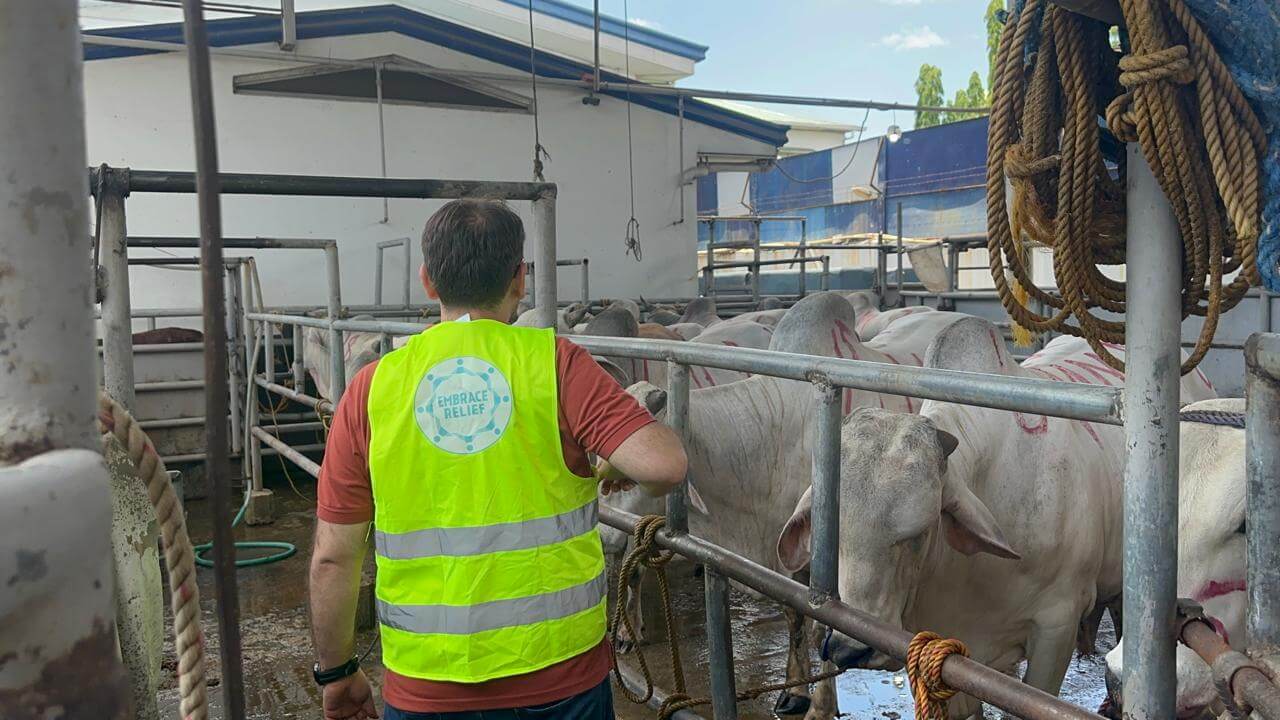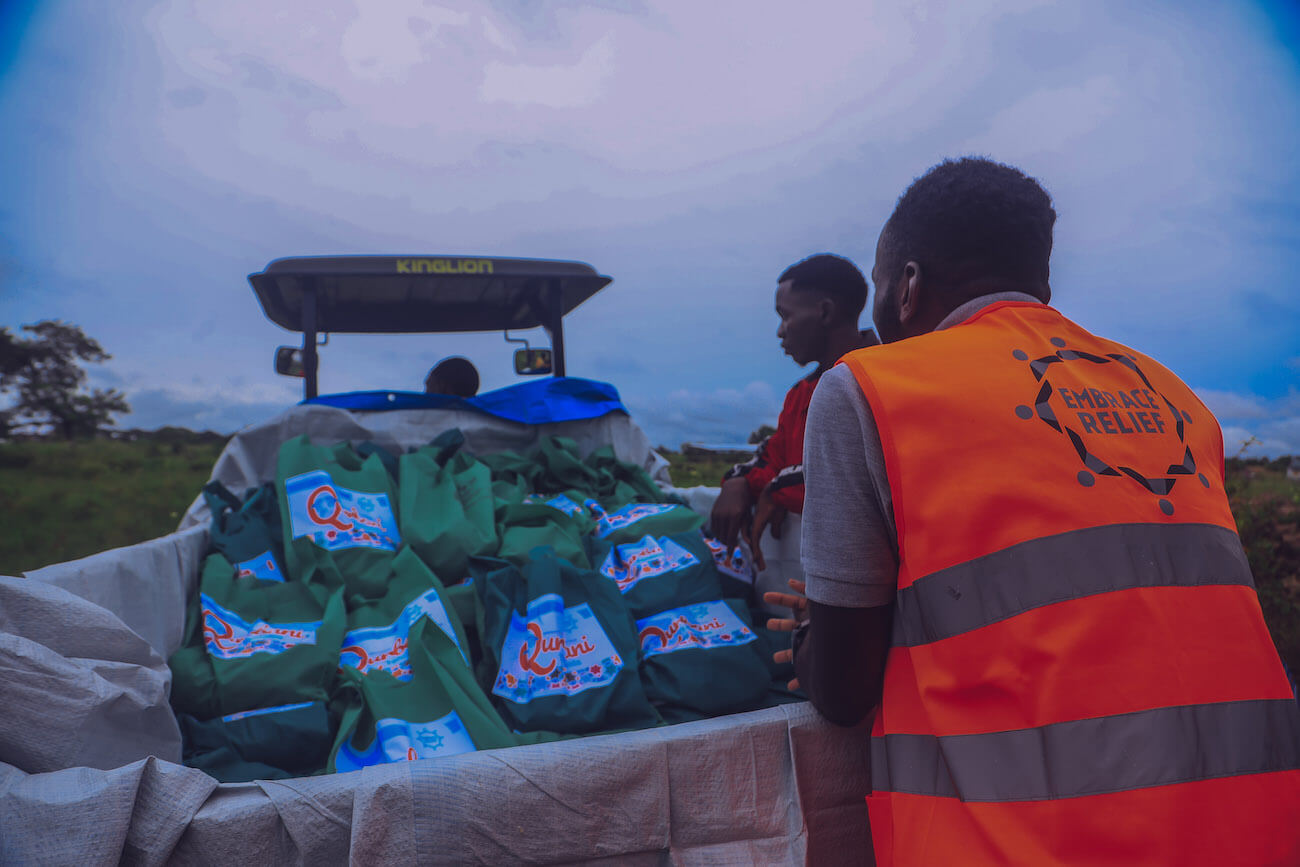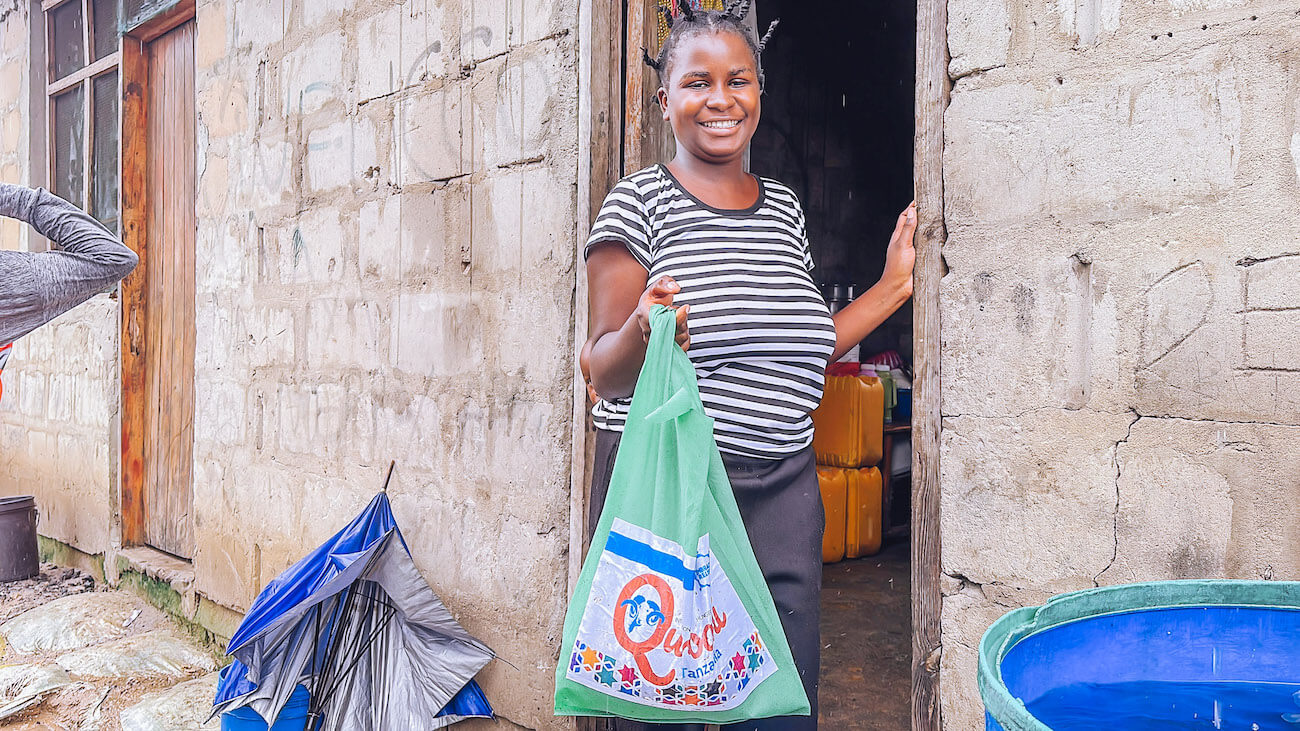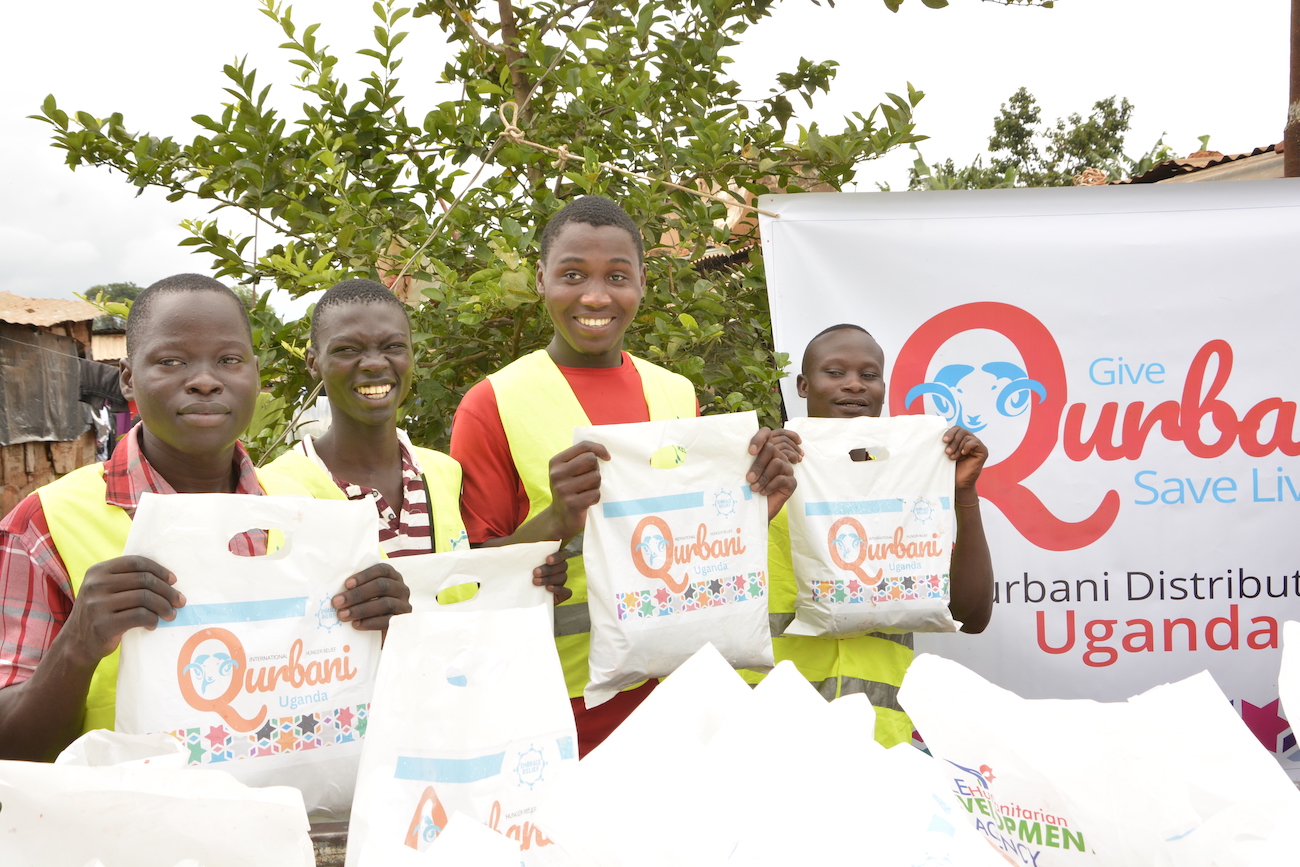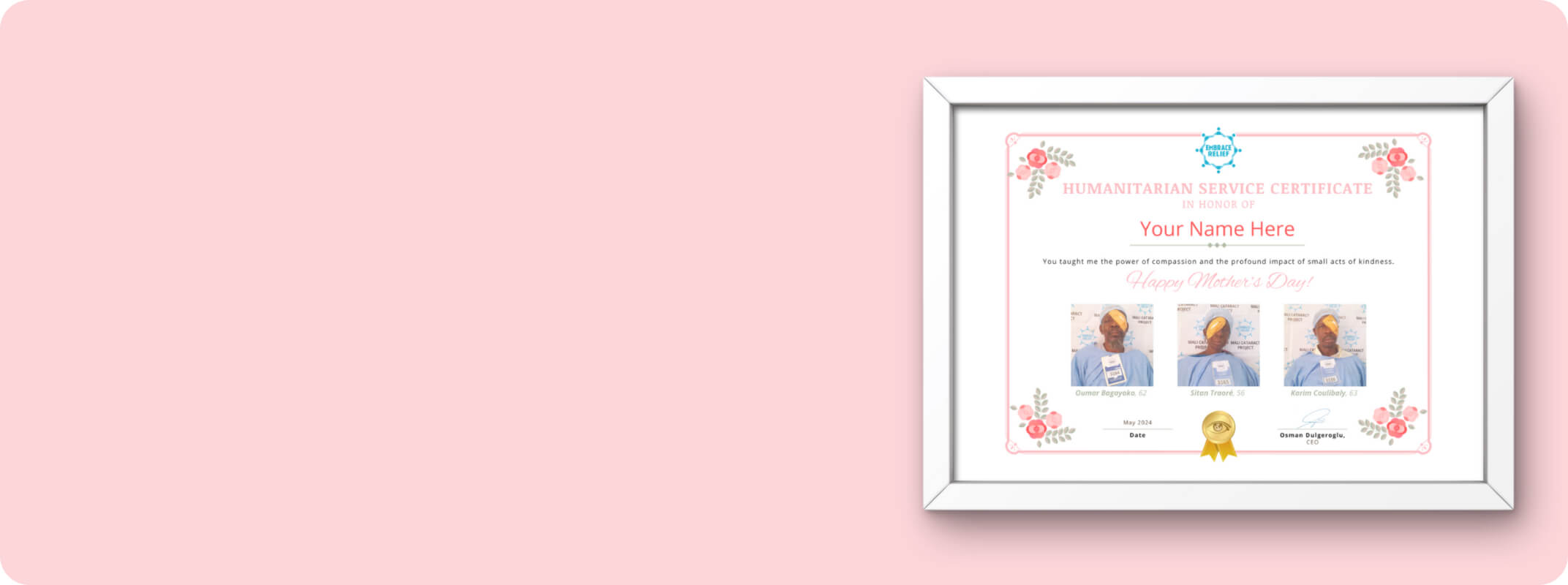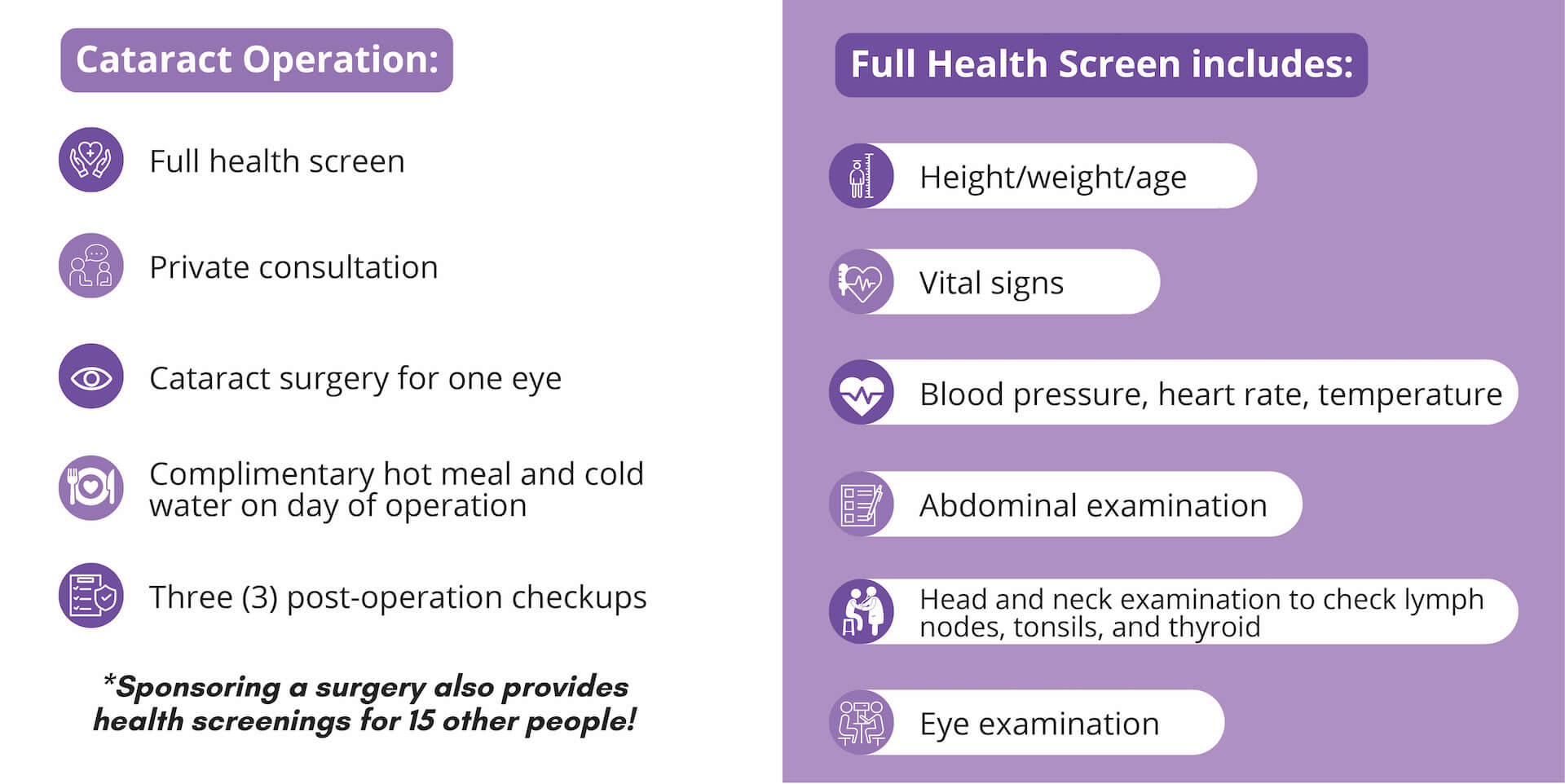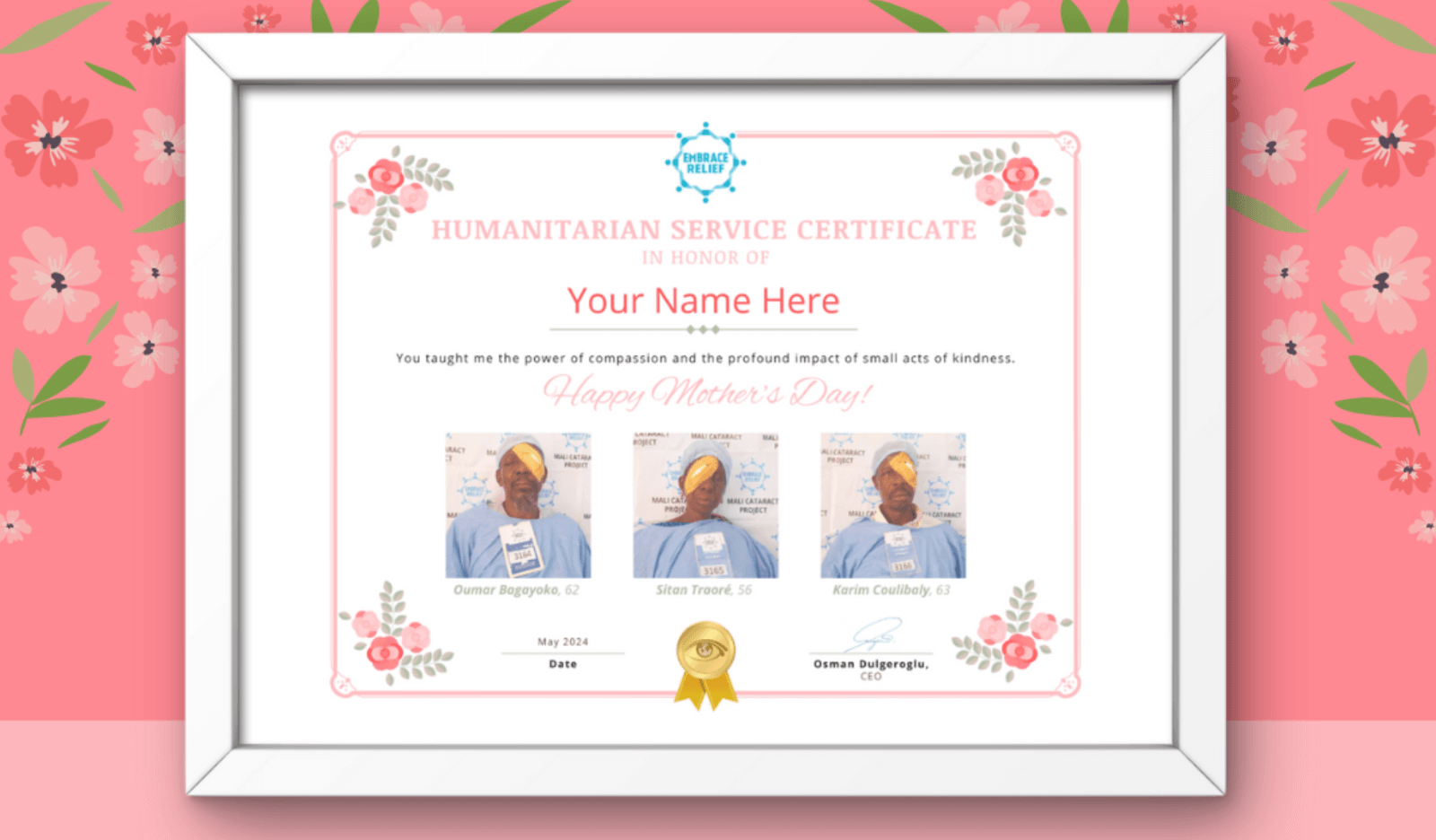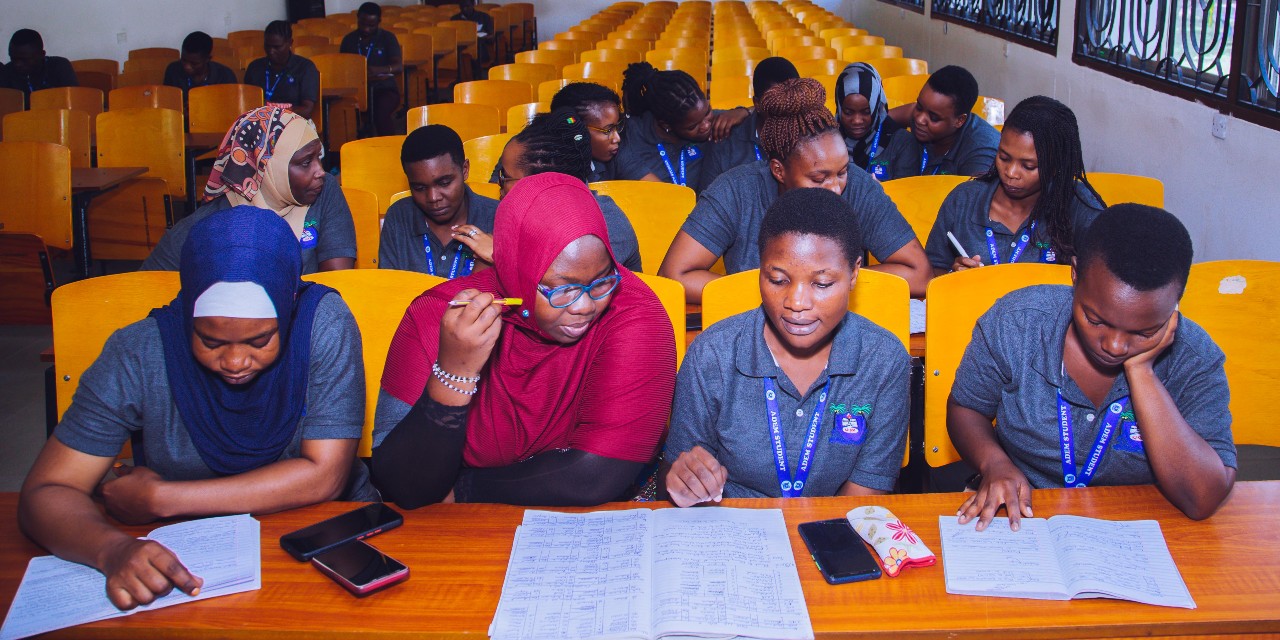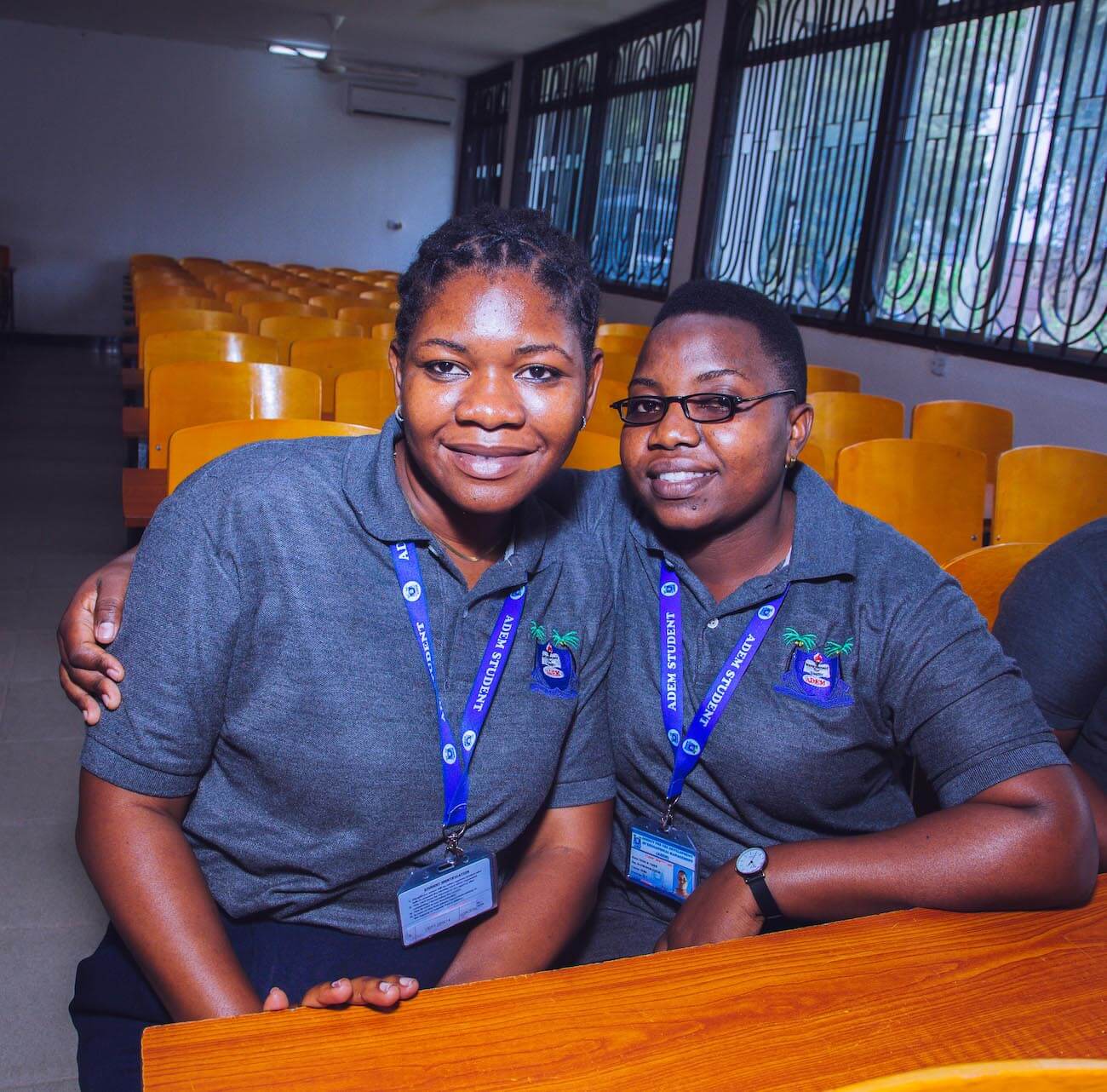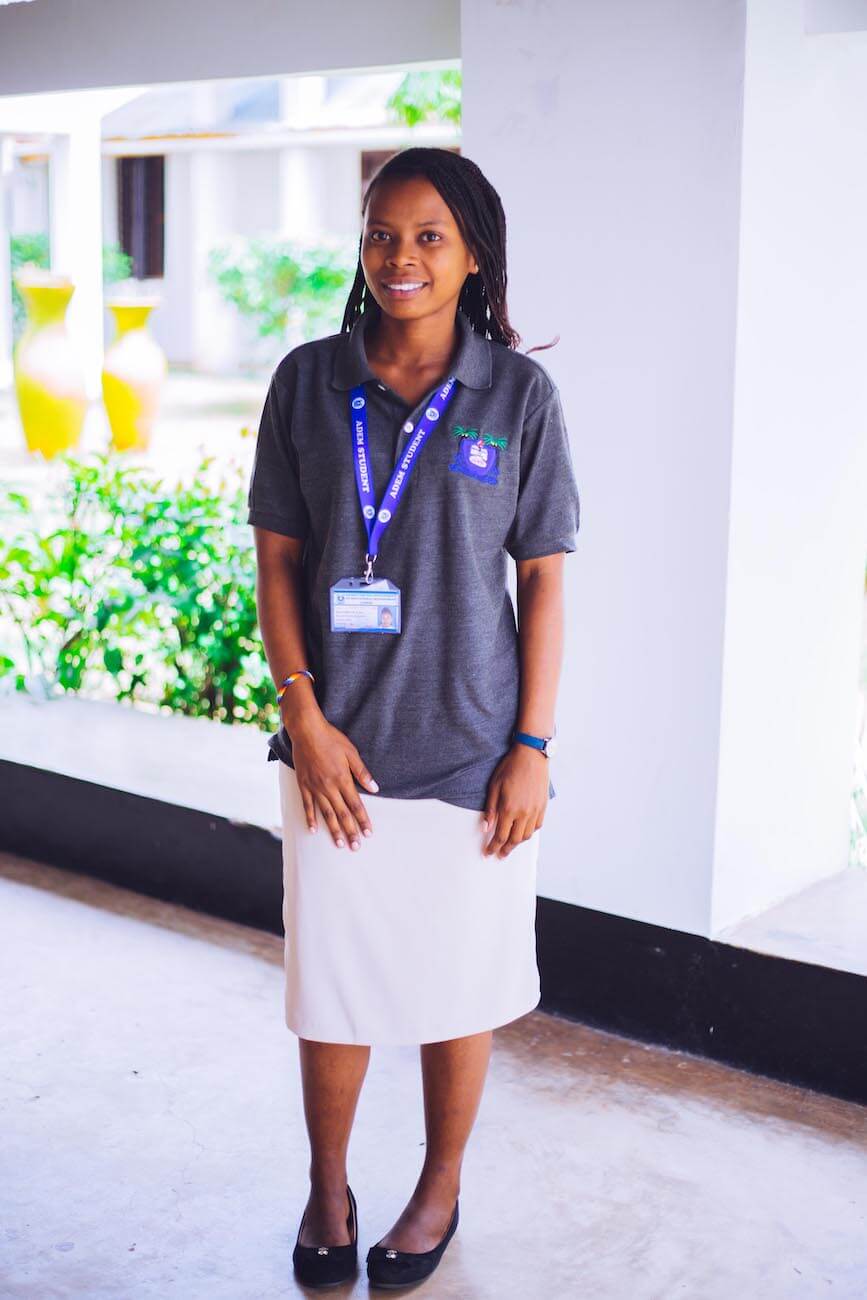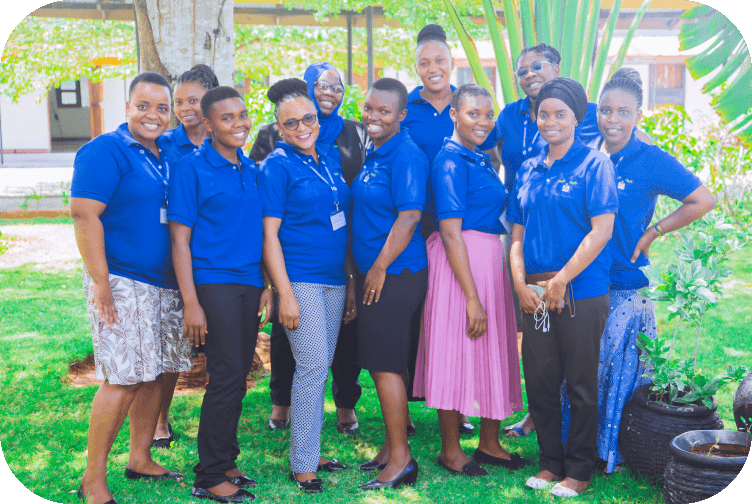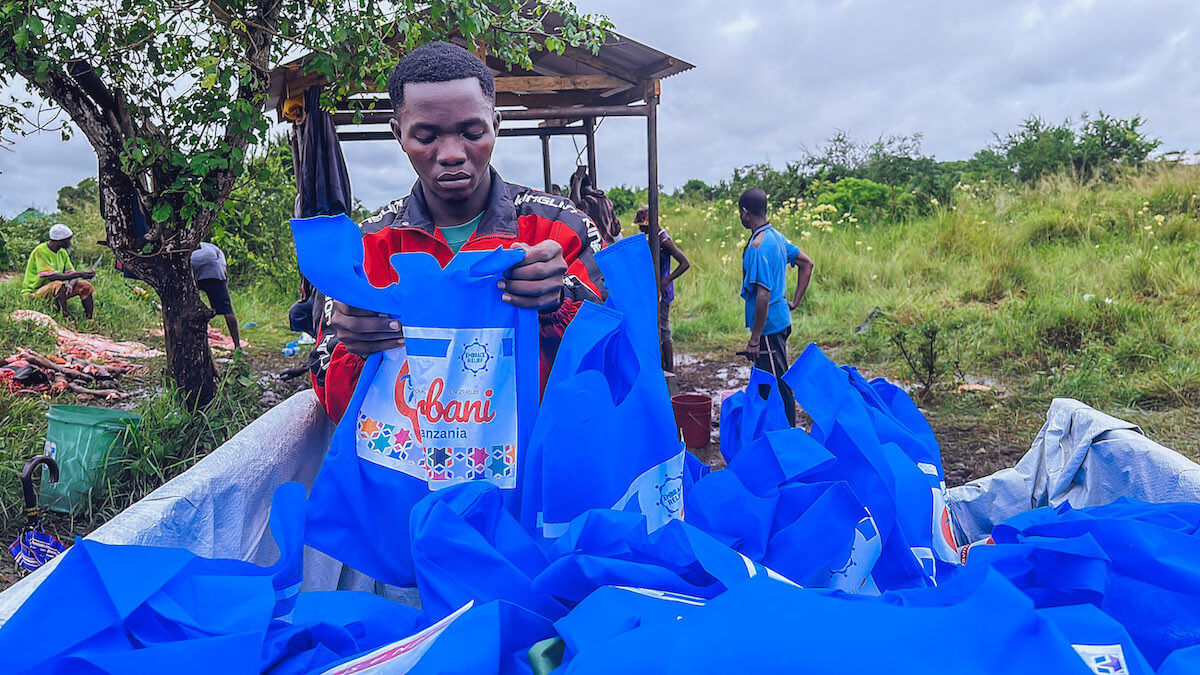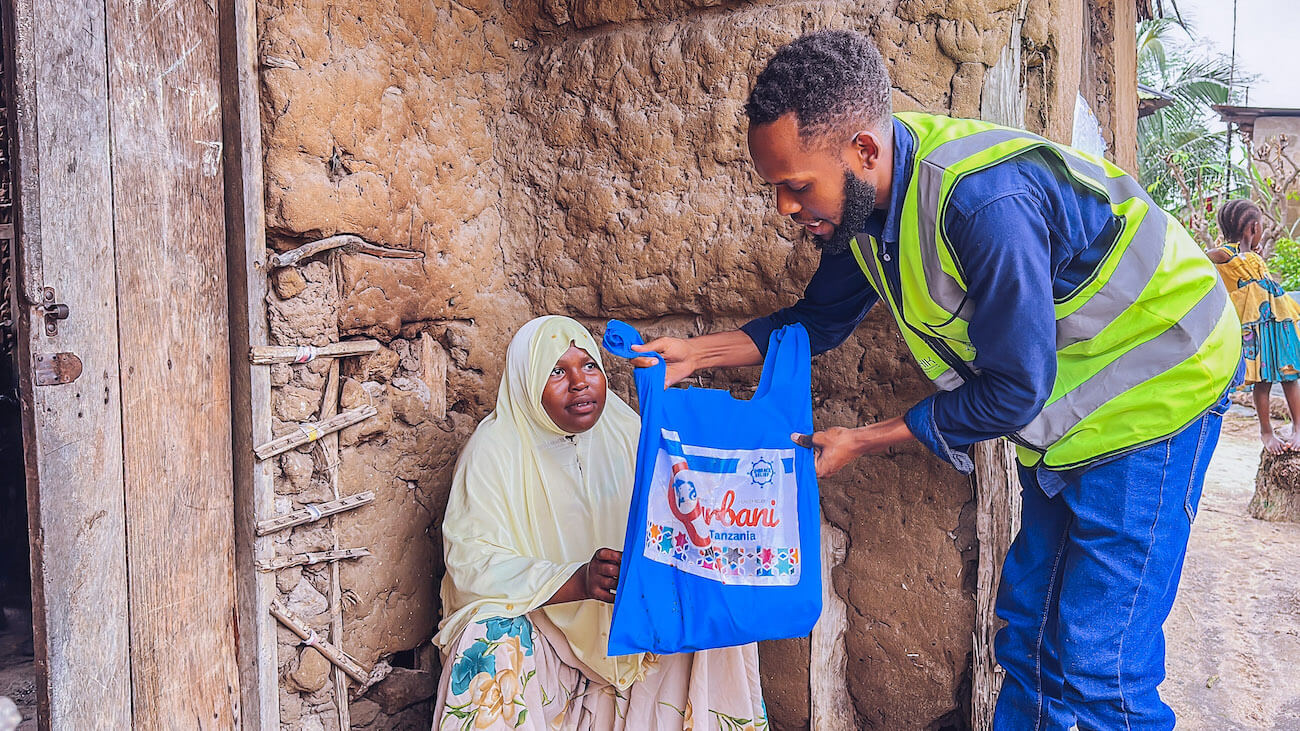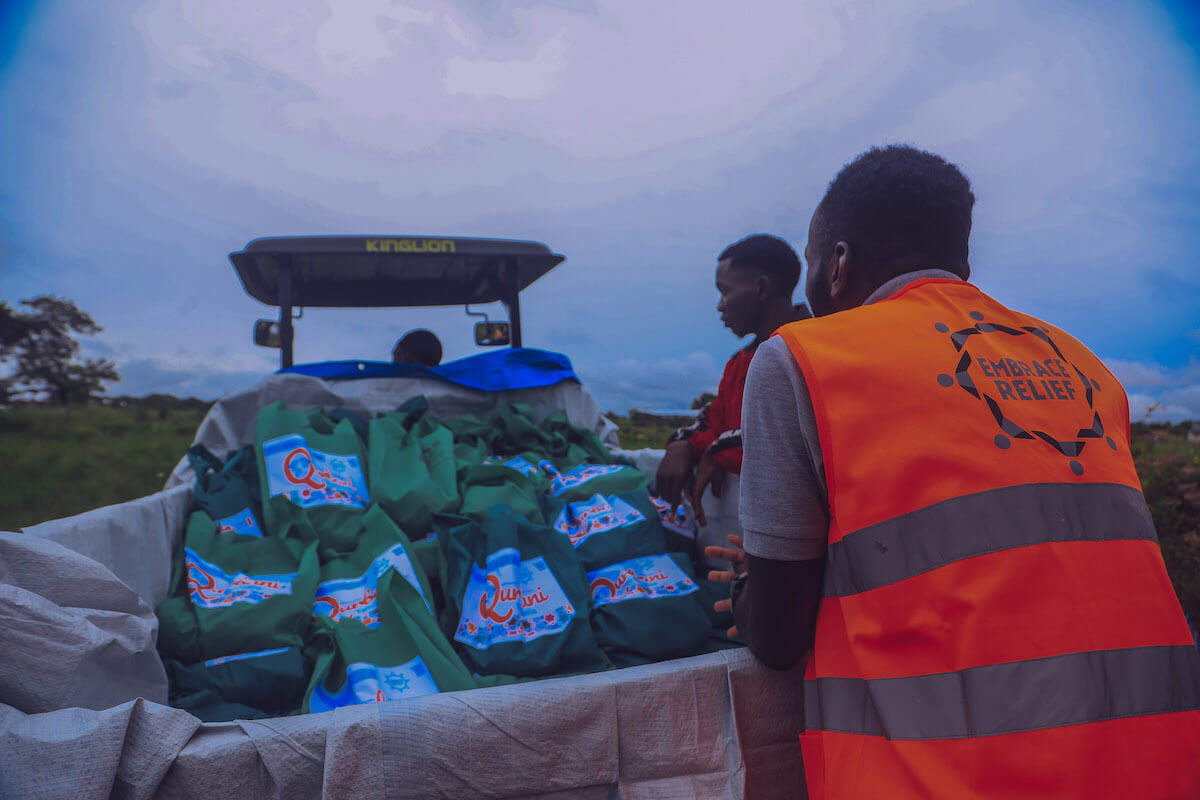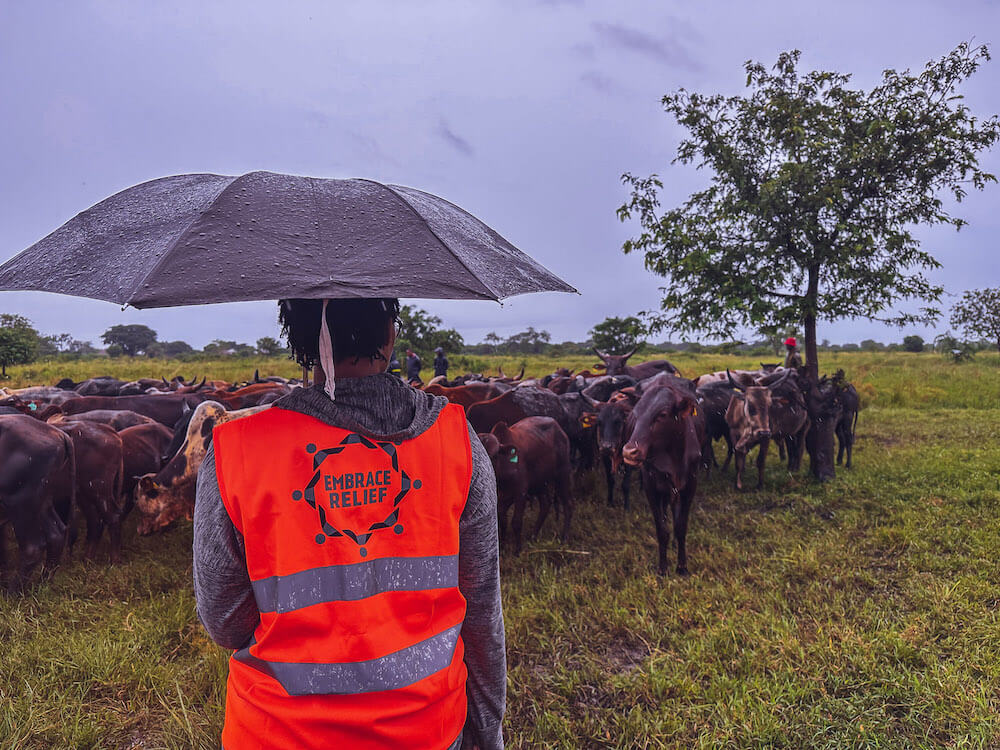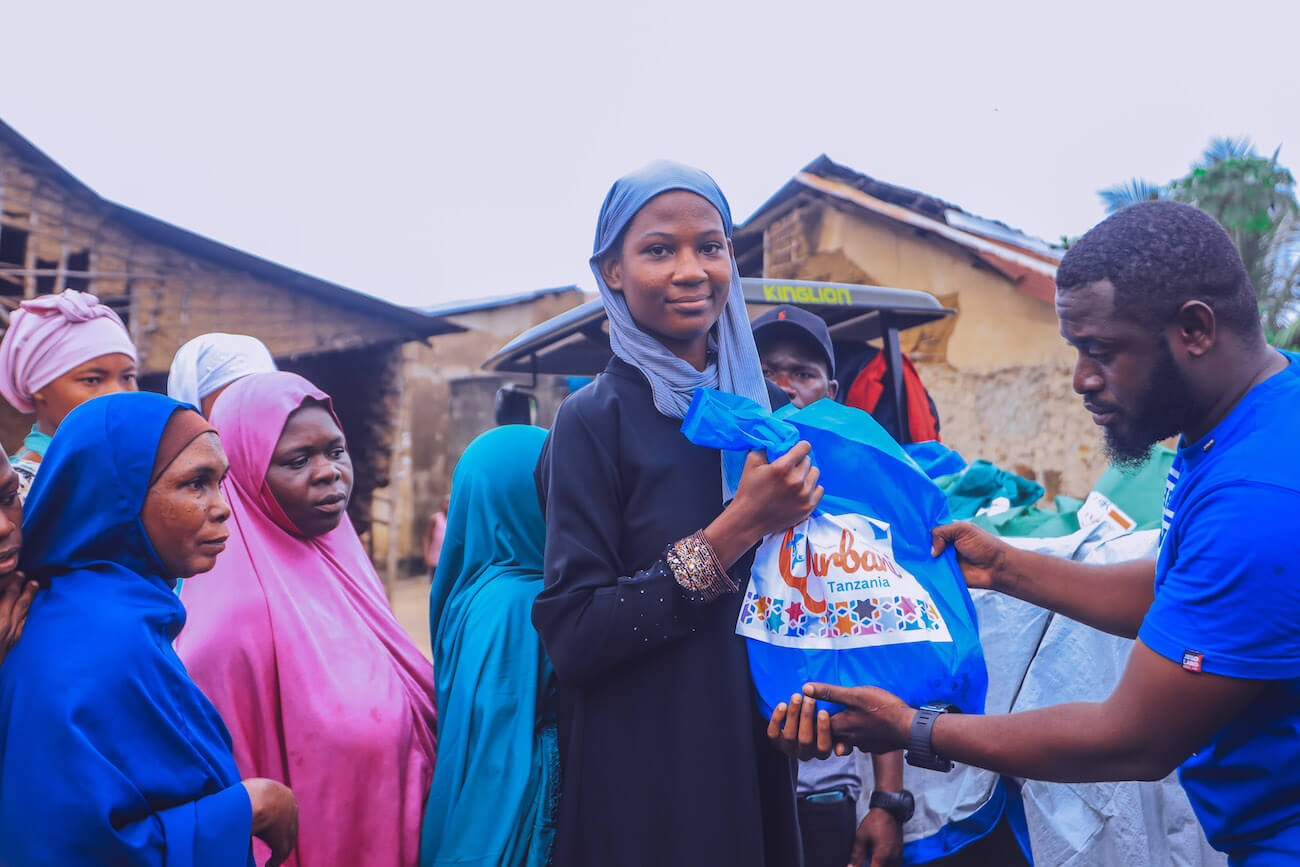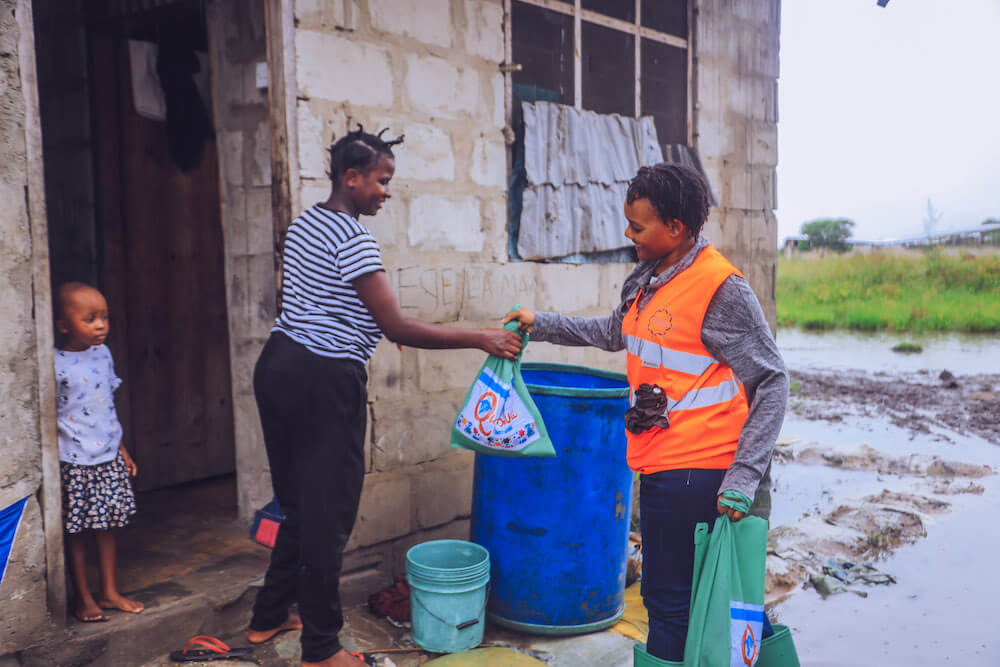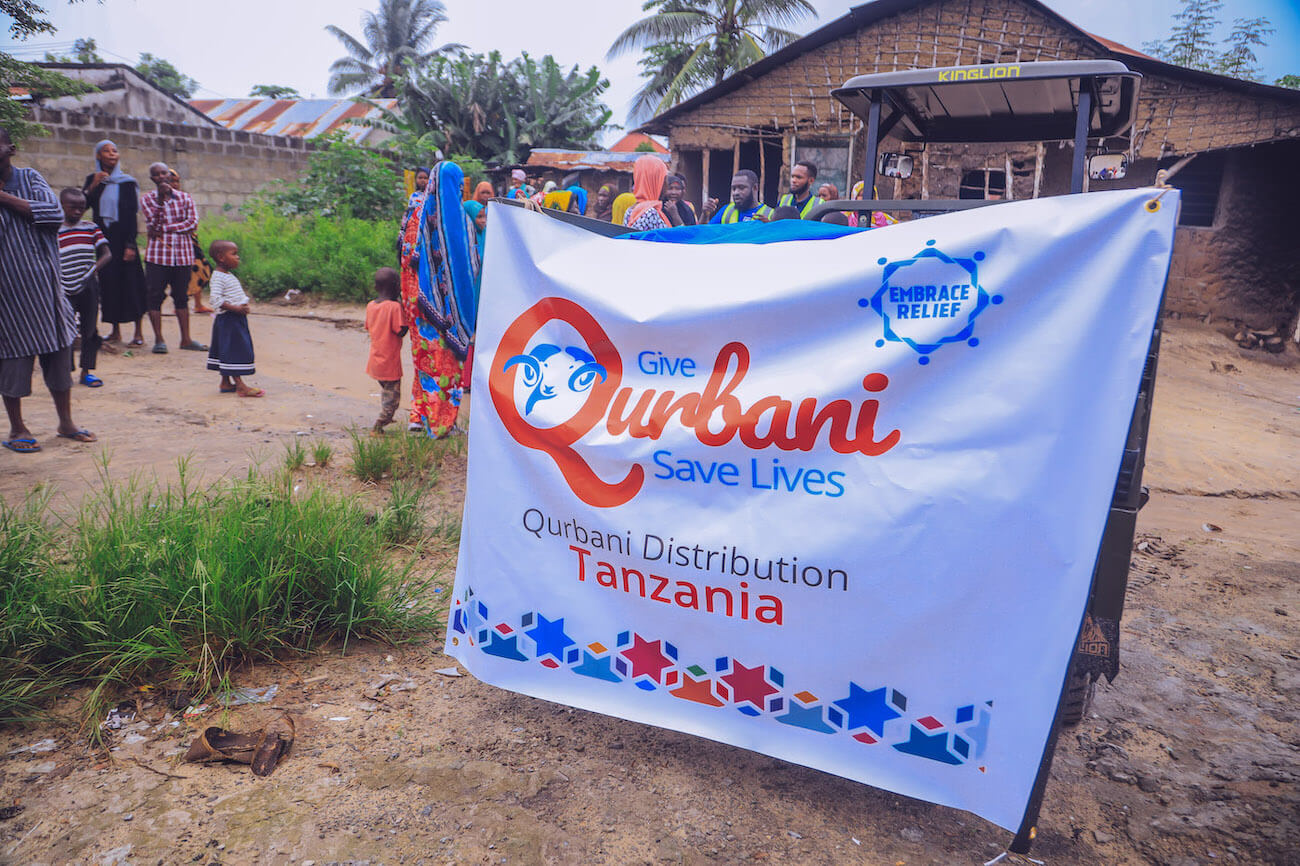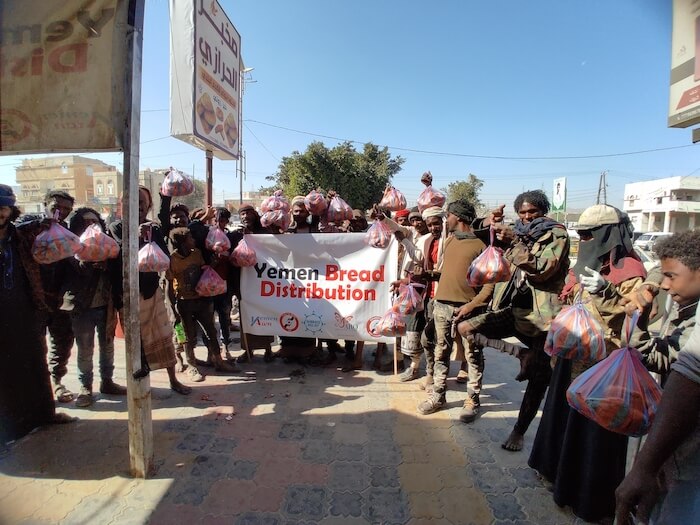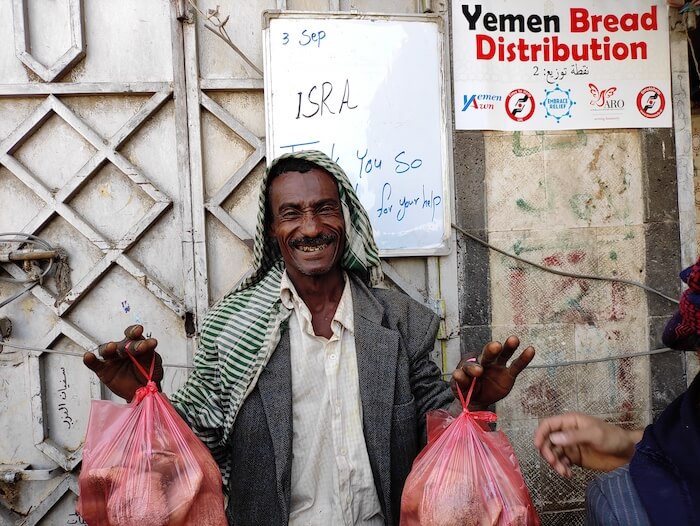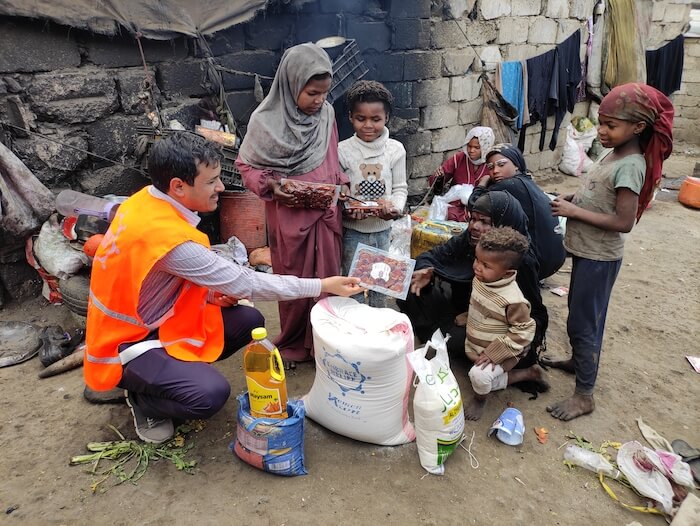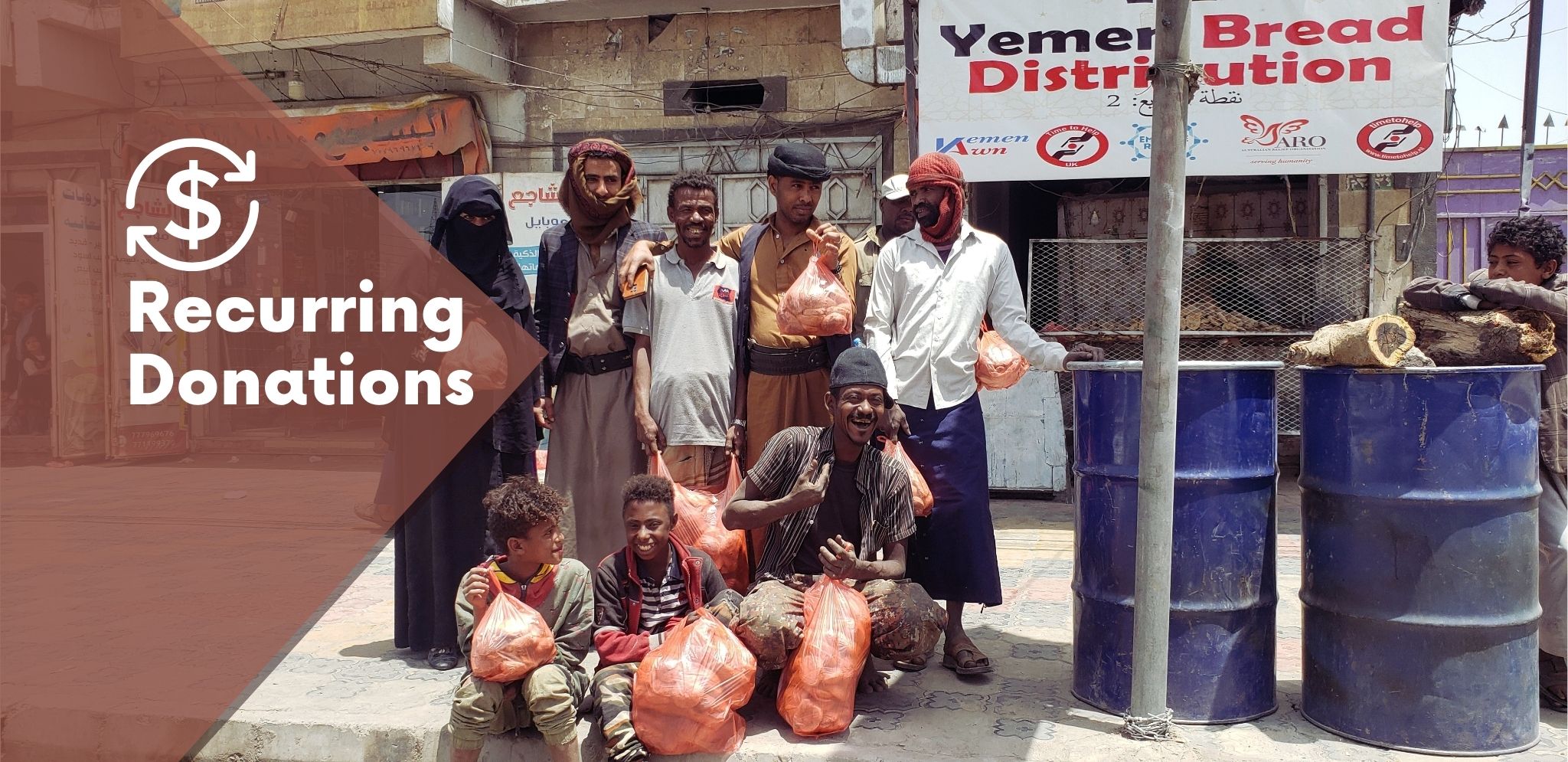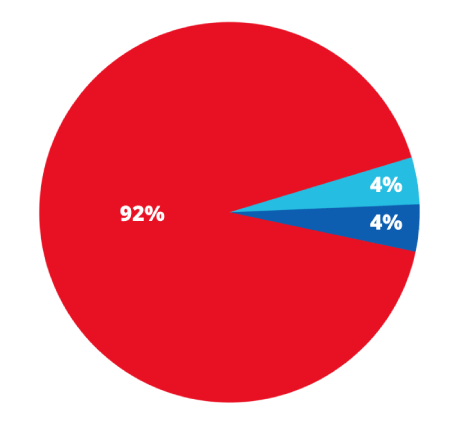Summary
- With Qurbani approaching, you may be wondering whether or not you must give a Qurbani donation in accordance with Islamic practice.
- Learn how you can find out if you must give Qurbani this year, and read on to understand who your Qurbani donation will benefit.
- If you are obliged to give Qurbani in 2024, you can do so with just a few clicks here at Embrace Relief. Your donation will help us feed families around the world, giving people in need the food and hope they need to thrive.
Who must give Qurbani?
Qurbani, also known as Udhiyah, is a significant ritual in Islam performed during the festival of Eid al-Adha. It involves the sacrifice of an animal as an act of obedience and devotion to Allah, and the distribution of meat among family members. It is considered a compulsory obligation for all Muslims of sound mind who are not travelers, and who are in possession of a certain level of personal or household wealth.
How do I know if I owe Qurbani? If you are an adult Muslim in reasonable physical and mental health, and you are not a traveler, then your level of personal wealth determines whether you must give Qurbani. If you possess wealth beyond a certain threshold, known as Nisab, then you must give Qurbani. (The nisab is also the threshold used to determine if a person is eligible to pay Zakat, which is one of the five pillars of Islam.) The nisab threshold is equal to 3 ounces of gold; as of May 2024, this is equivalent to about $7,000 in cash.
According to Islamic teachings, individuals who possess wealth exceeding the Nisab value are obliged to perform Qurbani. This obligation applies to Muslims who are financially capable and possess the required assets during the specified time of the year, typically during the Islamic month of Dhul-Hijjah.
In 2024, the month of Dhul-Hijjah will begin on Friday, June 7. Eid al-Adha, the holy time when Qurbani sacrifices must be performed, is slated to begin during the evening of Sunday, June 16, and conclude on Thursday, June 20.
Who Will Receive My Qurbani Donation?
The distribution of Qurbani meat holds immense importance in Islam. Muslims who give Qurbani are asked to split their meat distribution in thirds, with one part shared among family members, one part shared among friends, and one part given charitably to those in need. This last aspect of Qurbani is critical: by sharing our food with those less fortunate, we improve the overall quality of life for people, and we make our communities stronger. For those who have wealth exceeding the nisab, making a Qurbani donation is a powerful way to make a real impact on people’s lives.
Various categories of individuals are eligible to receive Qurbani donations, including:
- People living in poverty: This category includes individuals who do not have the means to provide for themselves or their families adequately. Qurbani donations provide them with essential sustenance and alleviate their financial burden, allowing them to eat high-quality, nutritious meat and celebrate Eid with dignity.
- Orphans and widows: Orphans and widows are among the most vulnerable members of society. Qurbani donations offer them support and comfort during a time that may otherwise emphasize their feelings of loss and isolation.
- Refugees and displaced persons: Those who have been forced to flee their homes due to conflict, persecution, or natural disasters often face dire living conditions. Qurbani donations contribute to meeting their basic needs and offer them a sense of stability and hope during challenging times.
- Economically disadvantaged communities: In impoverished regions where access to food and resources is limited, Qurbani donations play a vital role in addressing hunger and malnutrition. By providing nutritious meat, these communities can enjoy a nutritious meal and improve their overall well-being.
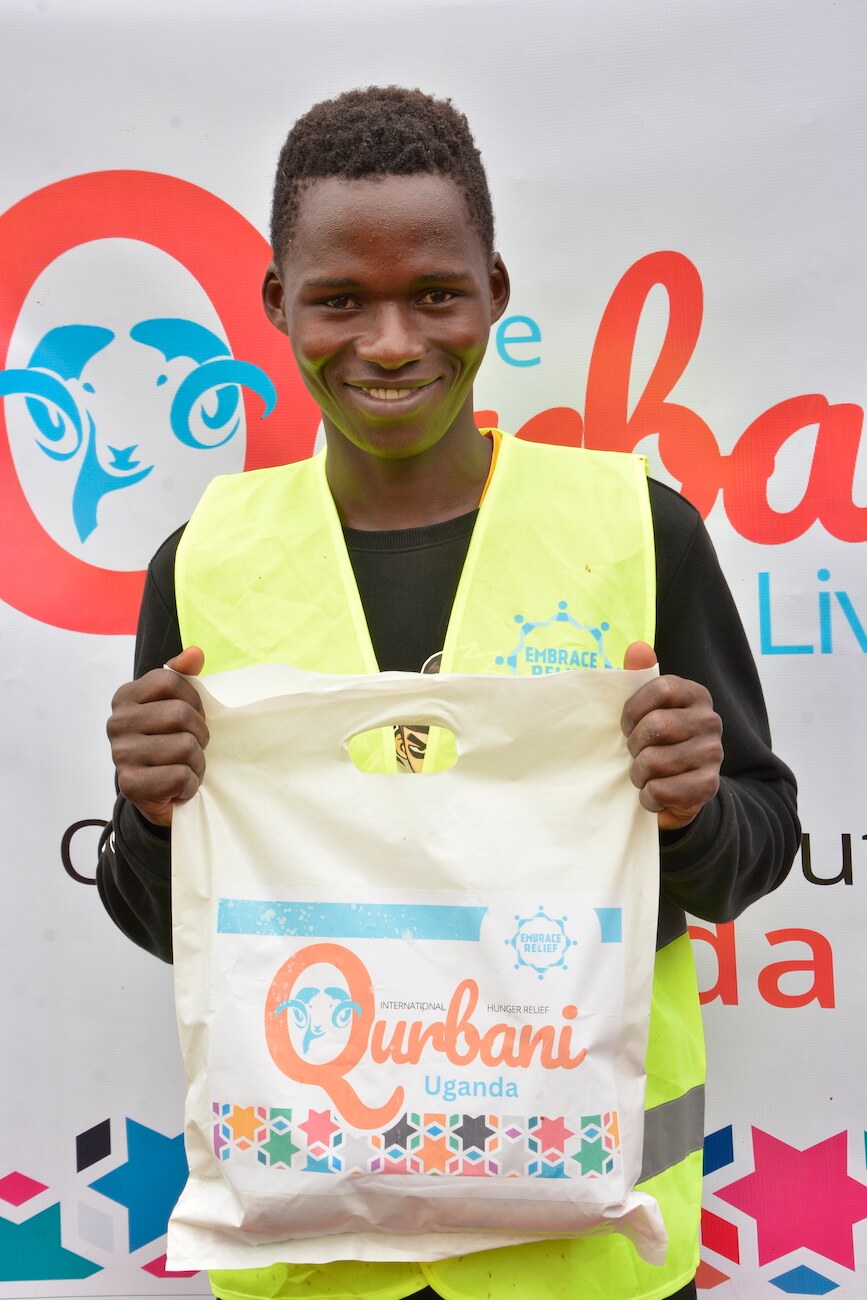
Give your Qurbani today with Embrace Relief
As Qurbani 2024 approaches, Embrace Relief stands ready to help you make an enormous impact in the lives of people living with hunger. To do so, simply make your Qurbani donation to Embrace Relief’s International Hunger Relief campaign by using the donation box below! Each Qurbani donation will provide enough meat for eight families, ensuring that your impact will be felt by entire communities.
In 2023, the generosity of donors like you allowed Embrace Relief to distribute Qurbani meat packages to more than 122,000 people in 19 countries across five continents. For the many families worldwide who struggle to afford nutritious food, this program represents a beacon of hope and support. We’re aiming to expand our impact in 2024 – but we can’t do it without your help.
Give your Qurbani today with Embrace Relief by using the donation box below. Let us mark Eid al-Adha 2024 by sharing our blessings with a family in need, spreading joy and goodwill to all.
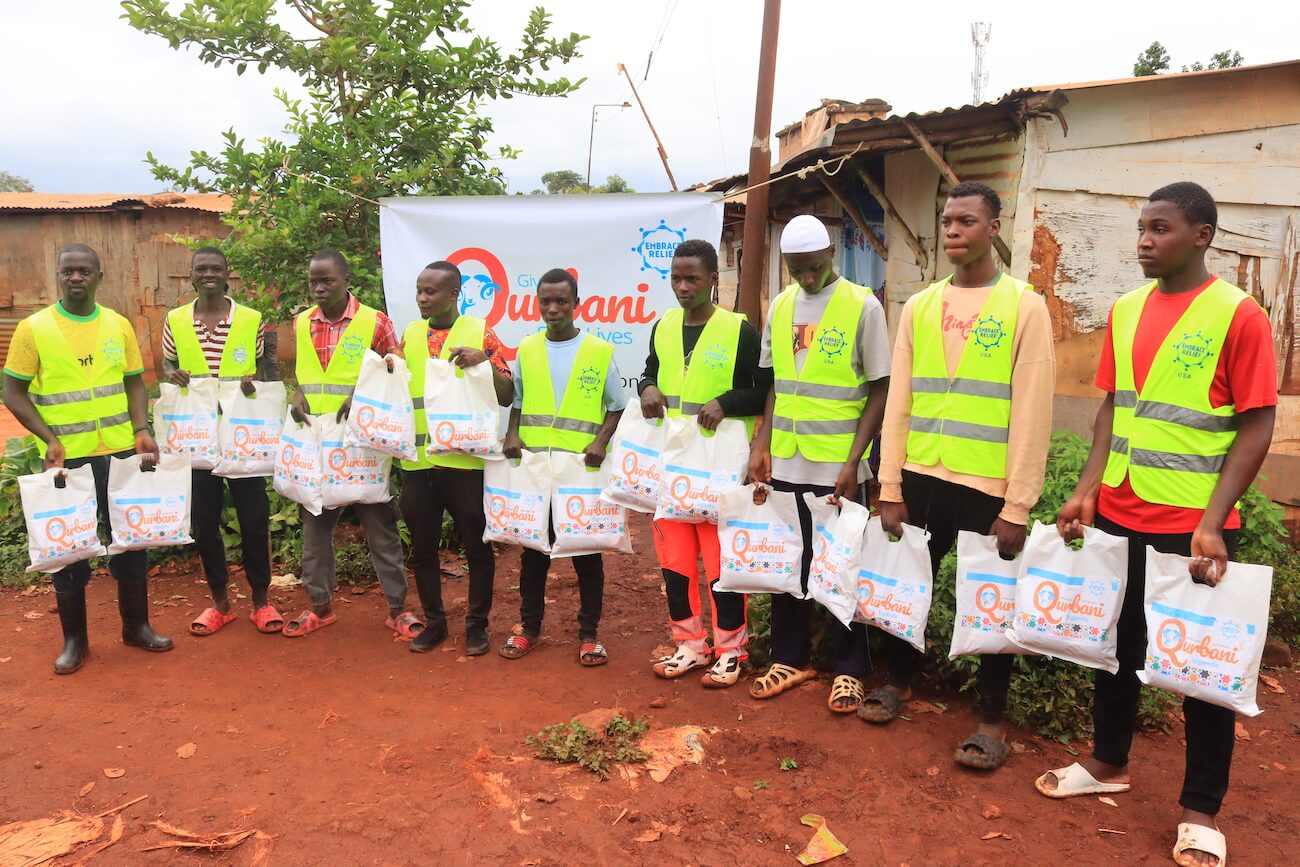
Give Qurbani With Embrace Relief

In 2024, Qurbani will occur on June 16-19. During this time, sheep, goats, and cattle are humanely and hygienically sacrificed in adherence with common dietary restrictions. At this important time of year, join Embrace Relief and provide food for people in need in Africa (including the countries of Tanzania, Kenya, Uganda, Mali, Ethiopia, Burkina Faso, and Democratic Republic of Congo), as well as Yemen, Greece, and the United States, by donating to Embrace Relief’s International Hunger Relief: Qurbani 2024 campaign.















